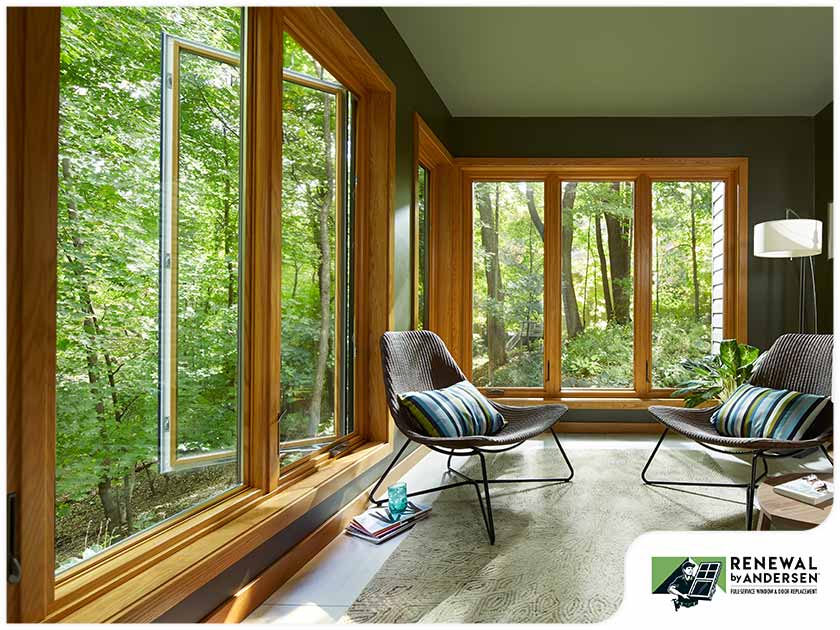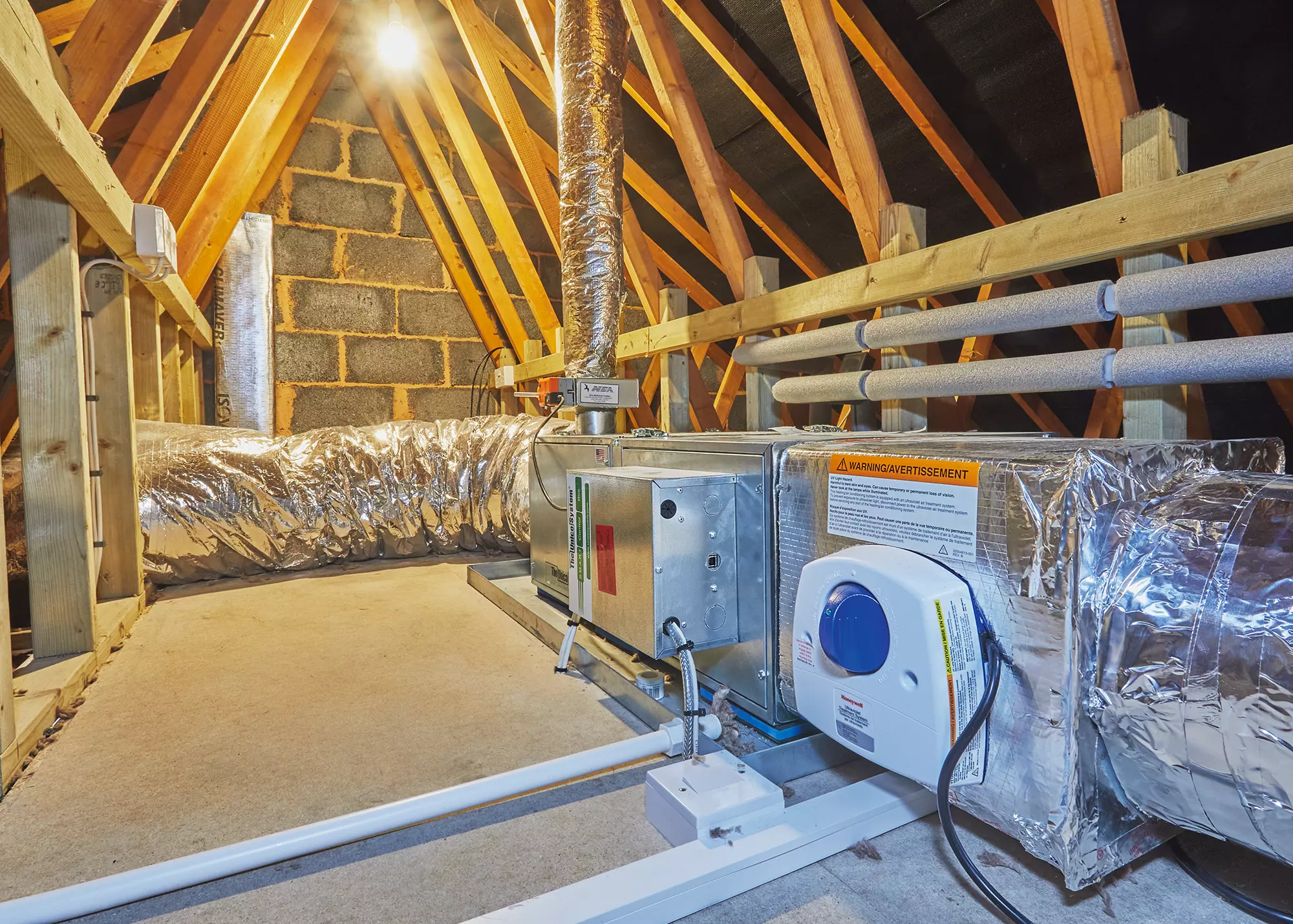Home Ventilation Melbourne Solutions for Energy-Efficient Homes
Recognizing the Value of Home Air Flow for a Healthier Living Atmosphere
Home air flow plays a vital duty in preserving a healthy living atmosphere. It promotes the exchange of interior and exterior air, which is important for enhancing air high quality. Without appropriate ventilation, homes can come to be breeding grounds for allergens and contaminants. The effects of insufficient air blood circulation can be significant. This raises the query of just how homeowners can properly execute air flow approaches to safeguard their wellness and health. Comprehending these methods is necessary.

The Basics of Home Ventilation
Home ventilation acts as an important component of indoor air high quality and comfort. It involves the process of trading stagnant interior air with fresh exterior air, therefore minimizing moisture and regulating temperature level. Appropriate ventilation systems can include natural approaches, such as open home windows and vents, in addition to mechanical systems, such as exhaust followers and air exchangers. Efficient home ventilation helps protect against issues like interior mold and mildew development and the accumulation of harmful fragments. It likewise boosts general power efficiency, as well-ventilated spaces can keep comfy temperature levels with much less dependence on home heating and cooling down systems. Understanding the essentials of home air flow is crucial for house owners seeking to produce a healthier living environment on their own and their family members.

Typical Resources of Indoor Air Contamination

Lots of might not recognize it, indoor air pollution can originate from various sources within a home. Common contributors consist of unpredictable organic compounds (VOCs) produced from paints, solvents, and cleaning products. House appliances, such as gas cooktops and fire places, can release dangerous gases like carbon monoxide gas and nitrogen dioxide. Furthermore, mold and mold prosper in wet areas, releasing spores that influence air quality. Animal dander, allergen, and pollen can accumulate indoors, additional intensifying air pollution degrees. Smoking indoors generates hazardous chemicals that stick around in the air. Ultimately, developing materials, including asbestos and formaldehyde, can off-gas damaging substances. Acknowledging these sources is essential for preserving a much healthier indoor setting and promoting reliable air flow approaches.
Wellness Effects of Poor Air Flow
Indoor air pollution can have considerable health implications, specifically when ventilation is insufficient. Poor air flow can lead to the build-up of harmful toxins, such as volatile organic substances, mold, and particulate issue. This build-up may lead to respiratory system concerns, including bronchial asthma, allergic reactions, and persistent obstructive lung disease. Individuals may experience signs and symptoms like migraines, tiredness, and irritability of the eyes, nose, and throat. Prone populaces, such as youngsters and the elderly, are at higher threat for severe health results. Lasting direct exposure to poorly ventilated atmospheres can additionally add to extra major conditions, including cardio conditions. Consequently, ensuring proper ventilation is essential for preserving a healthy living setting and go to this website lowering the threat of health issues related to interior air contamination.
Effective Air Flow Strategies for Your Home
Appropriate ventilation is crucial for keeping a healthy indoor environment, and carrying out effective approaches can considerably enhance air quality. House owners can start by making sure that exhaust followers are installed in bathroom and kitchens to eliminate excess dampness and odors. Opening up windows frequently permits fresh air to distribute, especially throughout mild weather. Furthermore, utilizing air purifiers with HEPA filters can help catch air-borne toxins. For homes with heating and cooling systems, preserving HVAC systems and transforming filters on a regular basis is crucial for peak efficiency. Incorporating natural ventilation methods, such as cross-ventilation, can likewise boost airflow. Securing any leaks in windows and doors protects against unwanted drafts, which can disrupt controlled air flow, inevitably leading to boosted interior air quality and convenience.
Maintaining Ideal Air Quality Year-Round
To maintain perfect air top quality year-round, property owners must adopt a positive method to managing their interior environment. Frequently keeping track of interior air top quality is important; this consists of checking for contaminants such as dust, mold and mildew, and volatile organic compounds (VOCs) Executing efficient air flow systems, such as exhaust followers and air cleansers, can considerably decrease airborne pollutants. Furthermore, routine upkeep of HVAC systems guarantees peak efficiency and air blood circulation. House owners ought to additionally consider moisture degrees, as too much dampness can result in mold and mildew development. Seasonal modifications may necessitate changes in air flow approaches to suit varying outside air high quality. By focusing on these methods, house owners can produce a much healthier space, promoting total health for all residents throughout the year.
Regularly Asked Concerns
Exactly How Can I Tell if My Home Requirements Better Ventilation?
To determine if a home requires better ventilation, one need to observe signs such as persistent moisture, mold growth, mildewy smells, condensation on home windows, or enhanced allergy signs and symptoms, indicating poor air movement and possibly poor interior air top quality.
What Are the Signs of Poor Indoor Air High Quality?

Can Houseplants Improve Indoor Air High Quality Efficiently?
The effectiveness of houseplants read more in improving indoor air high quality is debated. While some researches suggest they can take in toxins and generate oxygen, their total effect might be minimal contrasted to appropriate air flow and air filtration systems.
Just how Frequently Should I Change My Air Filters?
The regularity of air filter modifications generally relies on usage and filter type. Generally, it is advised to replace filters every three months, though houses with allergies or pet dogs may require more regular modifications for excellent efficiency.
Are There Any Type Of Details Air Flow Solutions for Allergic Reaction Sufferers?
Many ventilation systems, such as HEPA-filtered units, properly decrease allergens in the air. Home Ventilation Melbourne. These systems trap dirt, pollen, and animal dander, providing allergy victims with a cleaner, healthier indoor setting while taking care of air important source quality effectively
It helps with the exchange of exterior and indoor air, which is important for enhancing air high quality. Home air flow serves as an important component of interior air high quality and comfort. It includes the process of exchanging stale interior air with fresh exterior air, therefore reducing moisture and controlling temperature level. Interior air contamination can have considerable wellness effects, particularly when air flow is inadequate. Correct ventilation is crucial for preserving a healthy indoor atmosphere, and carrying out reliable approaches can significantly boost air high quality.